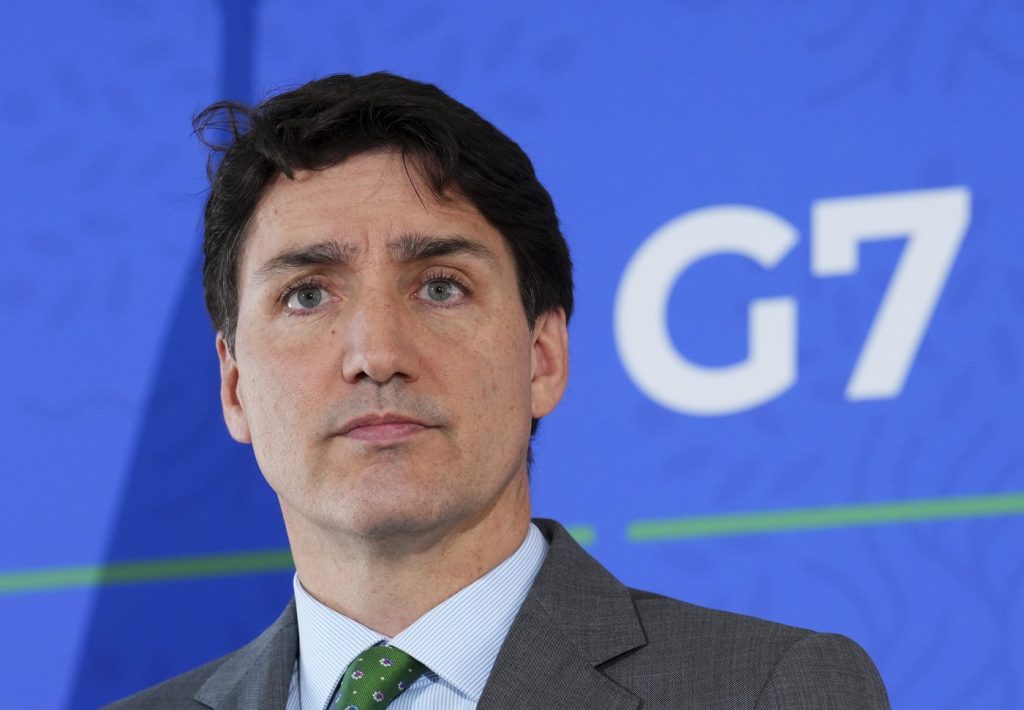Canada Prepares to Take the Helm of G7 in 2025: What Lies Ahead
Canada is set to assume the presidency of the G7 in 2025, stepping into a pivotal leadership role among seven of the world’s most advanced economies during a period marked by global uncertainty and domestic political shifts.
The G7 is composed of the United States, France, Germany, Japan, the United Kingdom, Italy, Canada, and the European Union. For nearly five decades, it has served as a platform for liberal democracies to address critical economic and social challenges. Unlike formal organizations, the G7 operates without a charter or permanent offices, relying on consensus-based decision-making.
The presidency rotates annually, with the host country organizing a series of meetings that culminate in a leaders’ summit. These gatherings address pressing global issues, set the agenda for other industrialized democracies, and often result in declarations that influence policies worldwide.
Canada joined the G7 in 1976 and will host its seventh summit in 2025, with the leaders’ gathering scheduled for June 15–17 in Kananaskis, Alberta.
The G7 provides Canada with an influential platform to shape international policies, safeguard its economic interests, and promote shared values like human rights and open markets. Sen. Peter Boehm, a veteran diplomat, describes the G7 as “the jewel of the crown of our foreign policy.”
The forum has evolved from a primarily economic focus to addressing issues like the rule of law and countering disinformation. During Canada’s last presidency in 2018, the Liberal government secured nearly $3.8 billion for initiatives supporting education for women and girls in crisis regions.
Prime Minister Justin Trudeau has hinted at advancing priorities such as inclusive economic growth, combating climate change, and regulating emerging technologies like artificial intelligence. Canada is also expected to emphasize its ongoing support for Ukraine, countering foreign interference, and advocating reforms in global institutions like the World Bank.
Observers suggest Canada could use its presidency to champion initiatives like nuclear disarmament or strengthening global health organizations, particularly in light of a potential bird flu pandemic.
Canada’s G7 presidency comes amidst domestic political uncertainty following the resignation of Finance Minister Chrystia Freeland. Trudeau’s minority government faces the possibility of a confidence vote, which could lead to a federal election before the summit.
On the international stage, Canada must navigate the complexities of U.S. President Donald Trump’s return to office. Trump’s preference for bilateral deals over multilateral forums and his contentious history with the G7 add layers of unpredictability to the summit’s outcomes.
Hosting the G7 offers Canada an opportunity to reaffirm its role as a global leader in diplomacy and development. While the road to the summit may be fraught with challenges, officials and experts express confidence in Canada’s ability to deliver a successful presidency, regardless of political dynamics at home or abroad.

